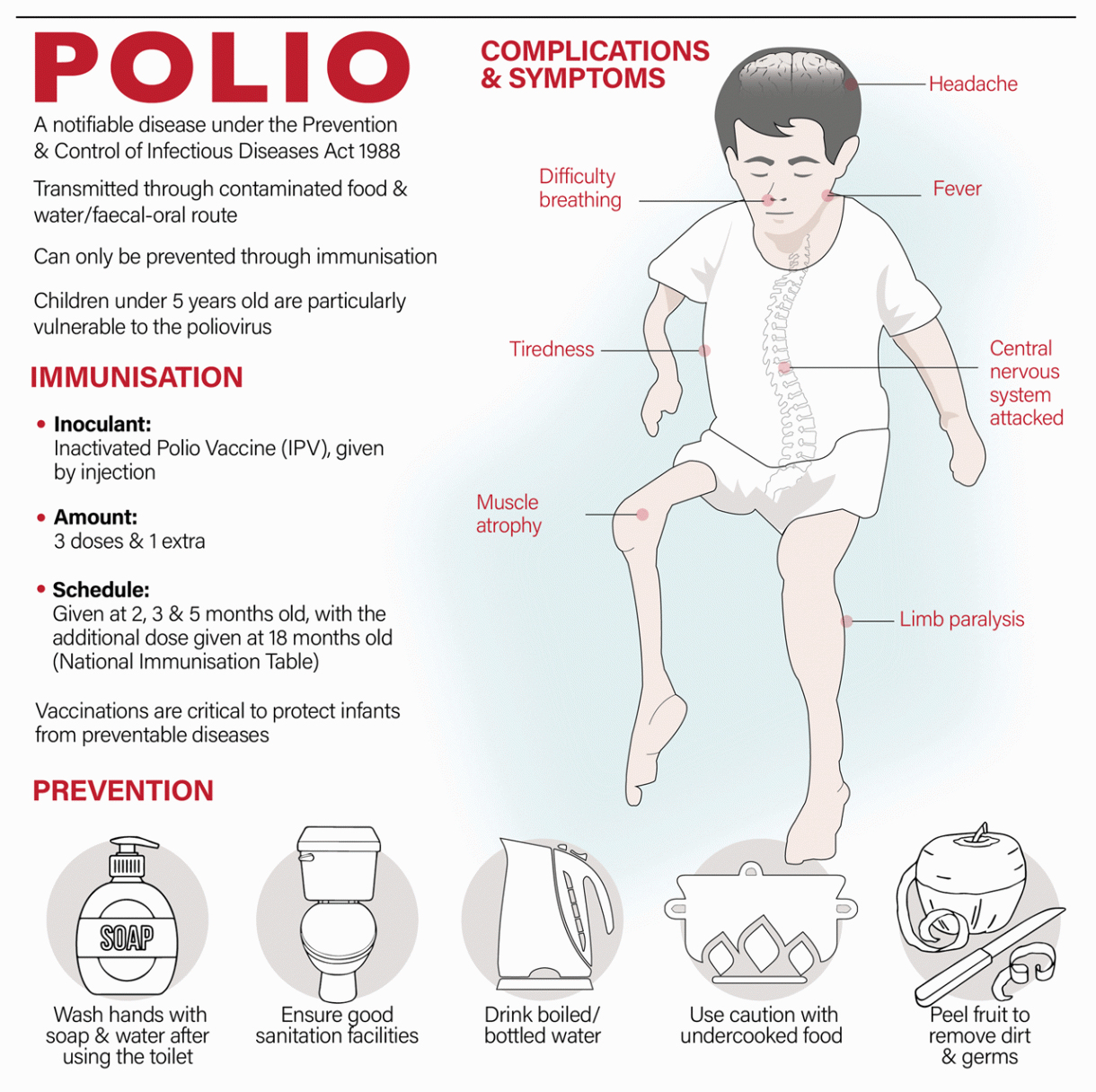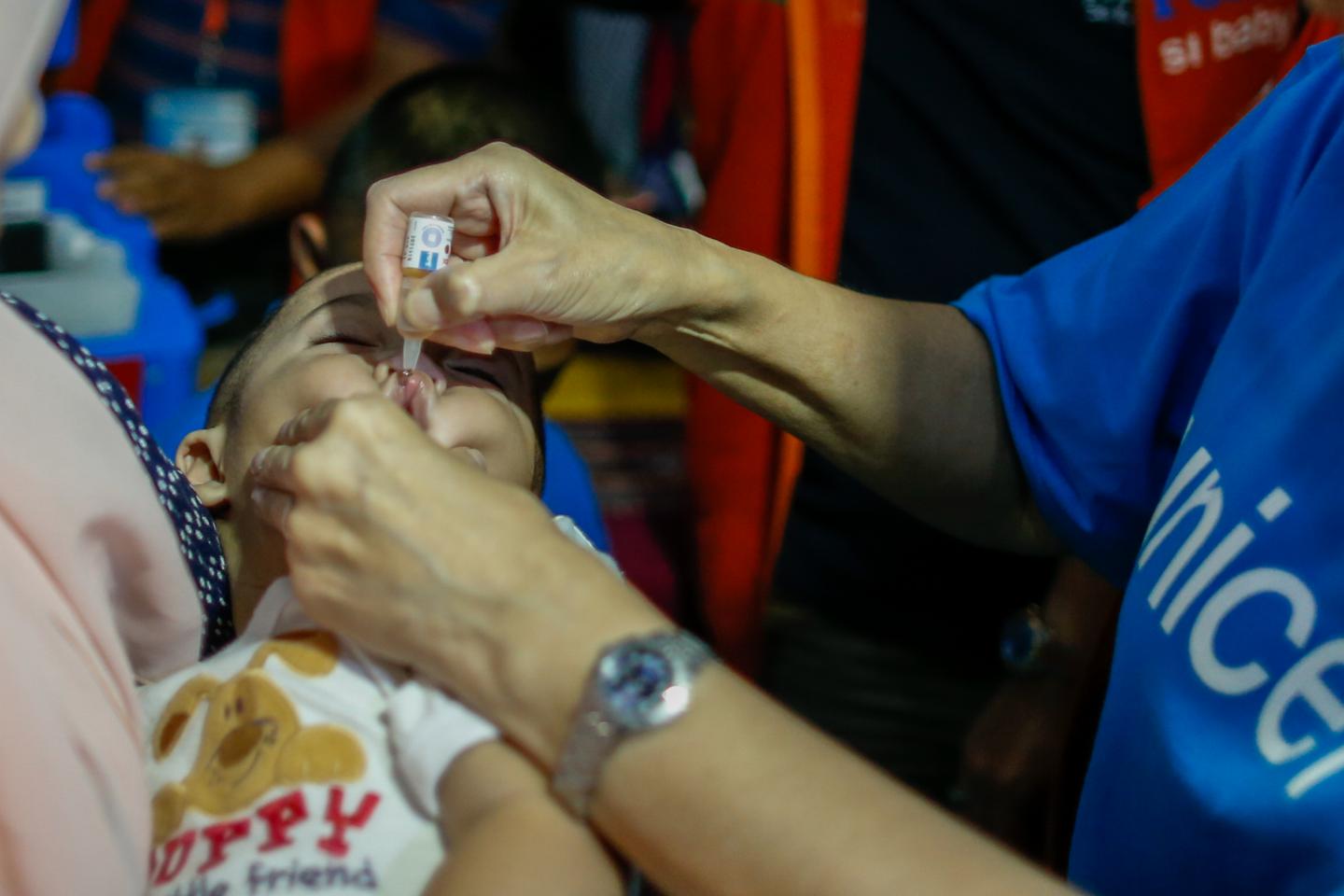World Health Organization (WHO) and United Nations International Children’s Emergency Fund (UNICEF) Philippines on behalf of the Global Polio Eradication Initiative (GPEI) commend the Department of Health (DOH), government agencies, partners and civil society efforts that have ended the polio outbreak in the Philippines. The DOH officially concluded the polio outbreak response on 3 June 2021. The decision came as the virus has not been detected in a child or in the environment in the past 16 months and is a result of comprehensive outbreak response actions including intensified immunization and surveillance activities in affected areas of the country.

Polio is a highly infectious, crippling and sometimes fatal disease that can be avoided with a vaccine. Children under the age of five are particularly vulnerable. The disease remains endemic in only two countries – Afghanistan and Pakistan – and when it is eradicated there, polio will be only the second disease ever to be completely eradicated.
The DOH announced a polio outbreak in the Philippines on last September 2019, after 19 years of being polio-free. Since then, the government, together WHO, UNICEF and partners scaled nationwide polio campaigns to stop the spread of the virus. Despite the tremendous challenges to immunization presented by the simultaneous impact of COVID-19, the DOH continued robust polio immunization campaigns. In particular, UNICEF and WHO commend the DOH for enhancing training and mobilizing health workers in infection prevention and control, and supplying them with personal protective equipment to be able to vaccinate children in their homes and in designated health centers – a global first in a country experiencing community transmission of COVID-19.
WHO supported the country’s polio outbreak response by providing both technical and operations support on intensifying polio surveillance, planning, preparing for and monitoring of immunization campaigns, infection prevention and control measures and risk communication. WHO also deployed international and national polio experts who provided on-the-ground technical support to the regions and local implementers.

UNICEF supported the Department of Health through vaccine procurement and delivery, development of immunization guidelines, social mobilization, engaging community members and influencers, and building the capacity of DOH and LGU staff nationwide to plan and ensure that no child was missed.

Aside from WHO and UNICEF, other core partners of the GPEI – Rotary International, US Centers for Disease Control and Prevention, Bill and Melinda Gates Foundation, and Gavi, the Vaccine Alliance – also supported the Philippine polio outbreak response.
Image Source: dfa.gov.ph, manilatimes.net, unicef, bermama infographics







